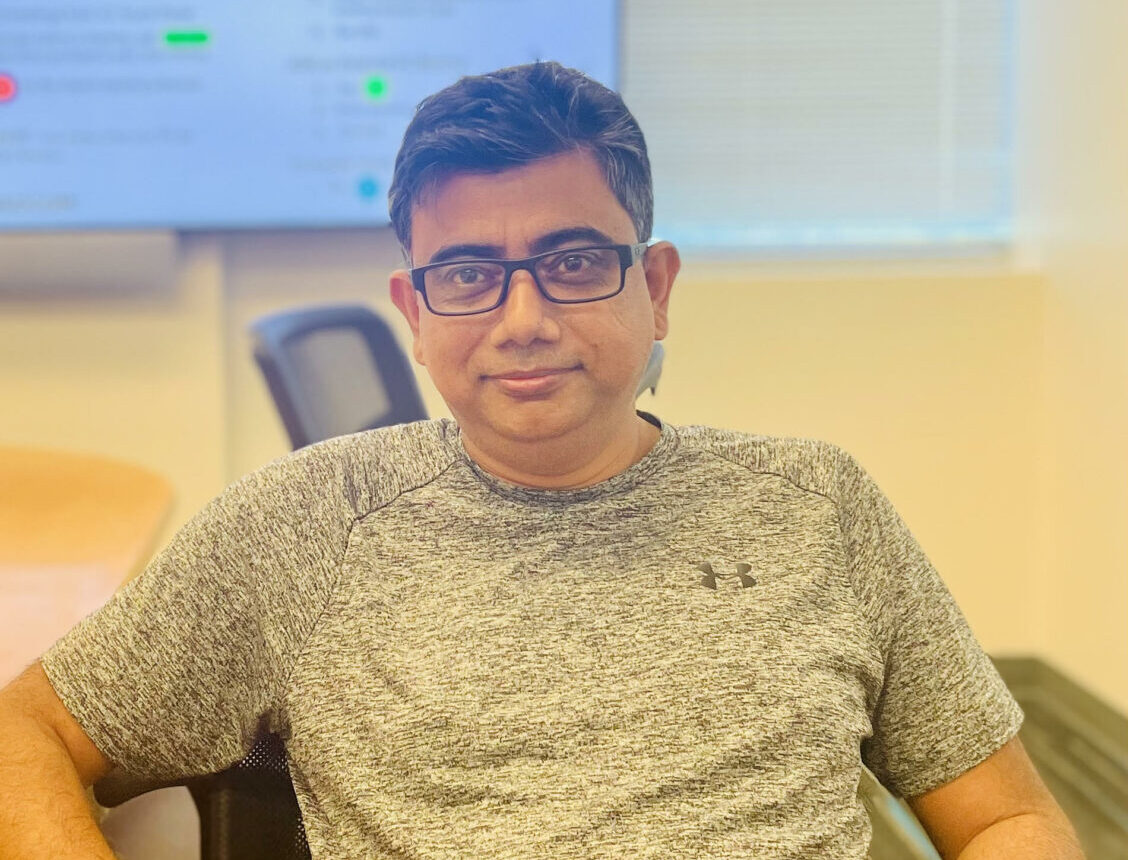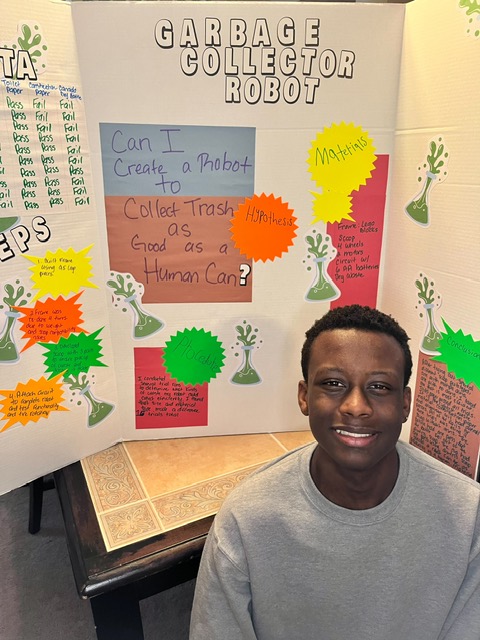Empowering All Students to Embrace Coding as a Critical 21st Century+ Skill
Program Highlights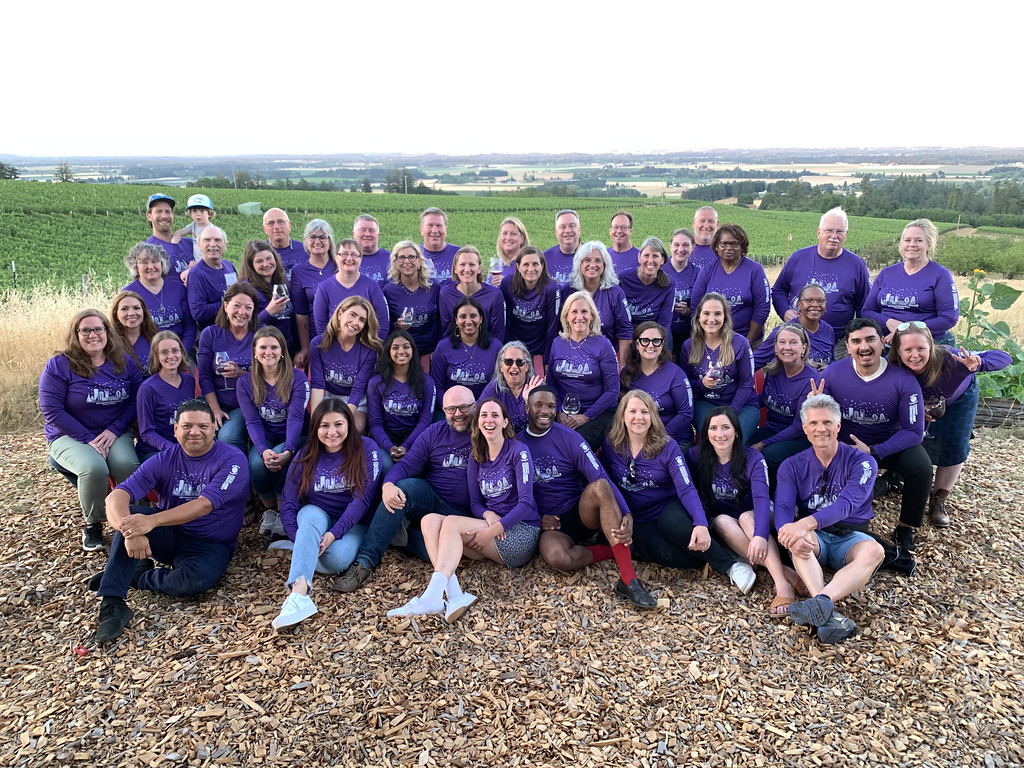
2023 Broadcom Foundation National Science Fair Directors Convening
The Broadcom Foundation hosted a groundbreaking retreat for 50 science fair directors to focus on coding as a critical 21st Century+ skill, expand inclusiveness for under-resourced and underrepresented students, and increase digital literacy through creative outreach strategies. Held in July 2023 just outside Portland, Oregon, the three-day convening provided a rich platform for knowledge sharing, resource exchange, and networking.
As Alexa Groff, STEM Educational Specialist from the Iowa State Fair, expressed, "This activity brought a delightful taste of programming to first timers like me, proving that with a sprinkle of curiosity and a dash of determination, anyone can savor the joys of coding.”
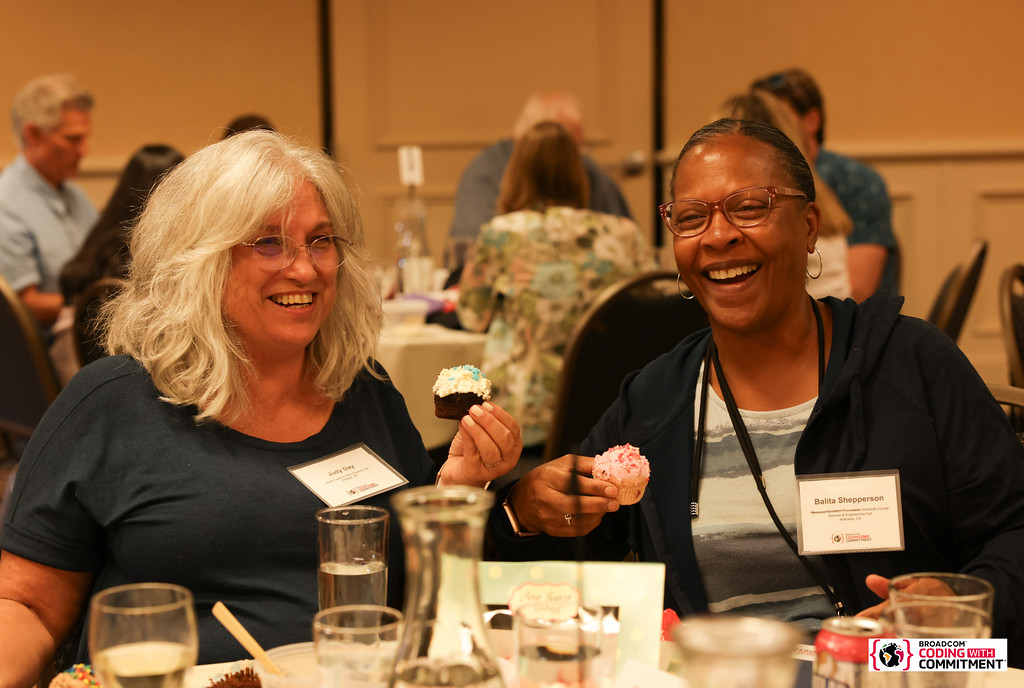
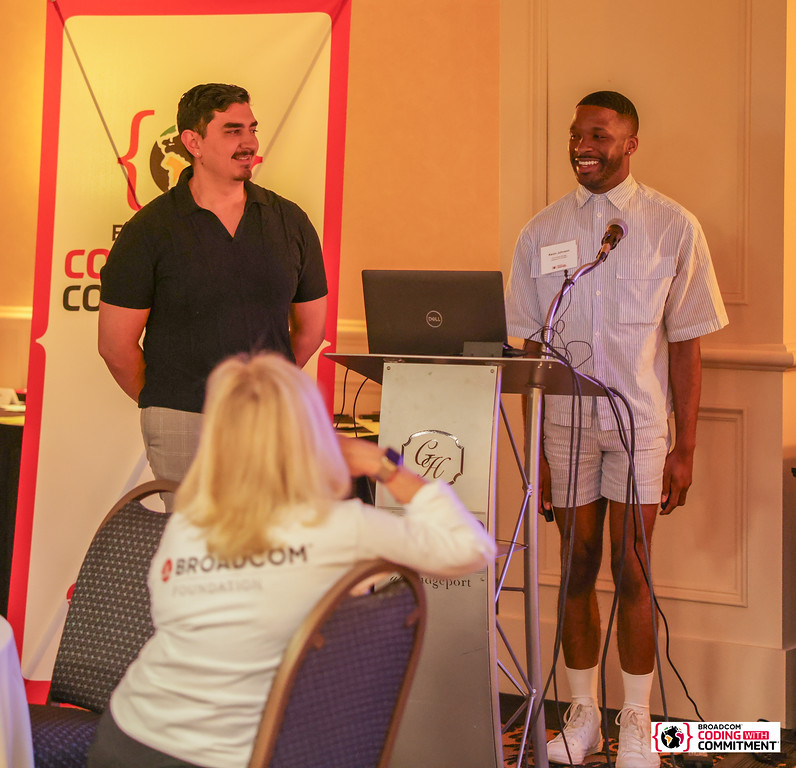
Unleashing the Potential & Power of Coding
Guided by Kate McGregor from The Computer History Museum in Silicon Valley and supported by her software engineer husband Lorne Kligerman and a team from Raspberry Pi Foundation of North America, the fair directors delved into several coding activities utilizing the Raspberry Pi Pico. Hands-on experiences included circuit building and physical computing and culminated in a rewarding Alert System challenge.
The coding experience sparked enthusiasm and instilled a sense of personal accomplishment in the directors, and Dani Wright, Director of Events and Volunteers at SARSEF, shared, “When I was finally able to complete the activity, I felt a huge sense of accomplishment."
“Coding was elusive to me, but now I have a better sense of what it means to code, and I feel I can share this with my students,” said Lynne Williams, Board Member, Pikes Peak Regional Science & Engineering Fair in Colorado. “I can tell them ‘You can code!’ and make coding more accessible.”
Kate McGregor reiterated that learning to code doesn’t require mastering engineering with a physical Raspberry Pi or Pico. The Raspberry Pi Foundation offers free online resources and software that enable people of all ages to learn to code on any type of computer or tablet.
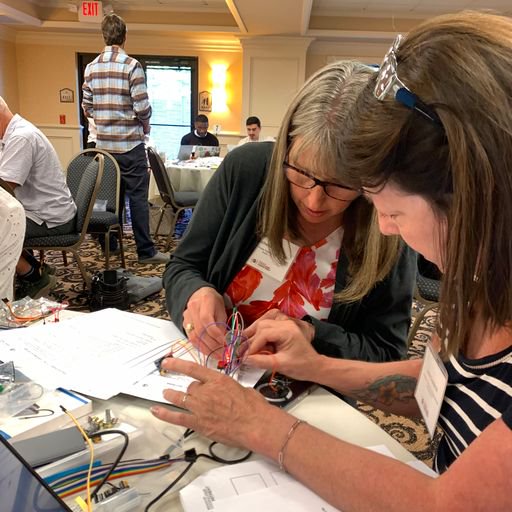
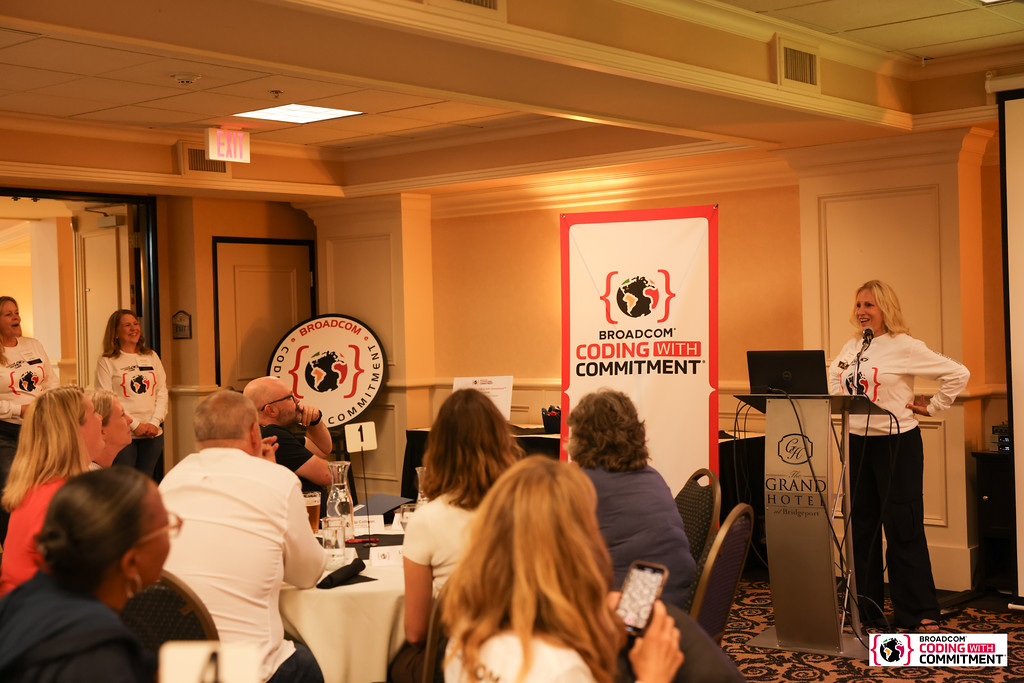
Coding for Social Good
Paula Golden, President of Broadcom Foundation, laid out the foundation’s ambitious goals of the Broadcom Coding with Commitment program, which focuses on fostering inclusiveness at science fairs and advocating digital literacy for all students.
“The foundation’s goal is to encourage science fair directors to view coding as a necessary and accessible skill and to expand the reach of their fair into communities that may not have a deep bench in STEM learning, so their students can be inspired and empowered by the science fair experience,” said Paula. “We also hope to encourage more collaborations between science fairs and Code Clubs in the after-school space where project-based learning is encouraged.”
Infusing coding into science fair projects allows students to utilize technology for social good. Because most problems align with the 17 Sustainable Development Goals of the United Nations, students are rewarded with the Broadcom Coding with Commitment award for thinking globally and acting locally.
Philip Colligan, Chief Executive of the Raspberry Pi Foundation, introduced the Foundation’s mission to empower young people to realize their full potential through the power of computing and digital technologies. Explaining the range of free educational resources that the Foundation makes available to support educators and learners, Philip emphasized the importance of equipping young people with the skills to solve the problems they care about and, crucially, to use technology for good.
“What Raspberry Pi has done to Maine is second to none,” said Cary James, STEM Education Specialist, Maine Middle School Science & Engineering Fair. “Five hundred underrepresented students are using Raspberry Pis in Maine to solve clean water and sanitation problems in their communities.”
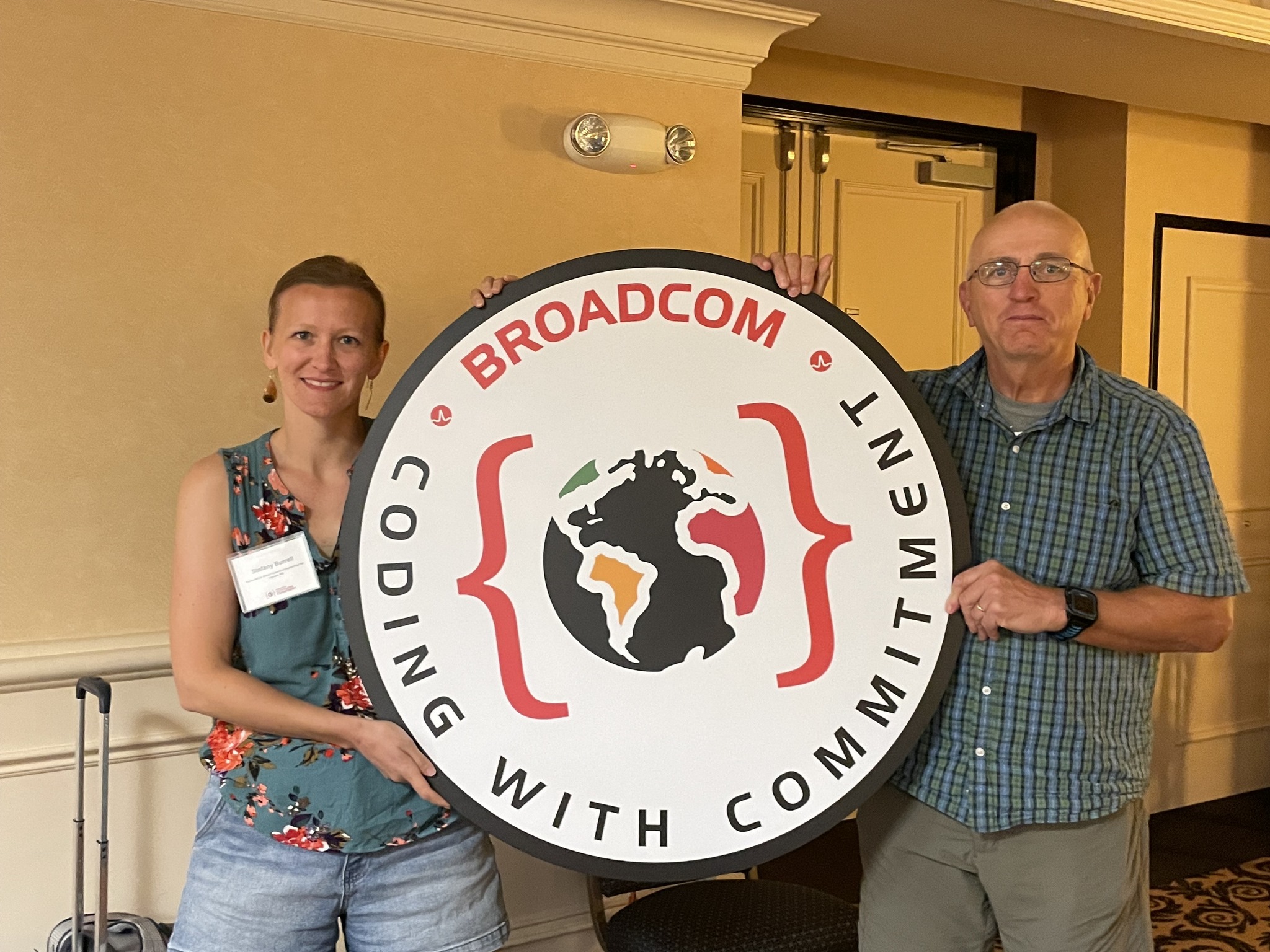
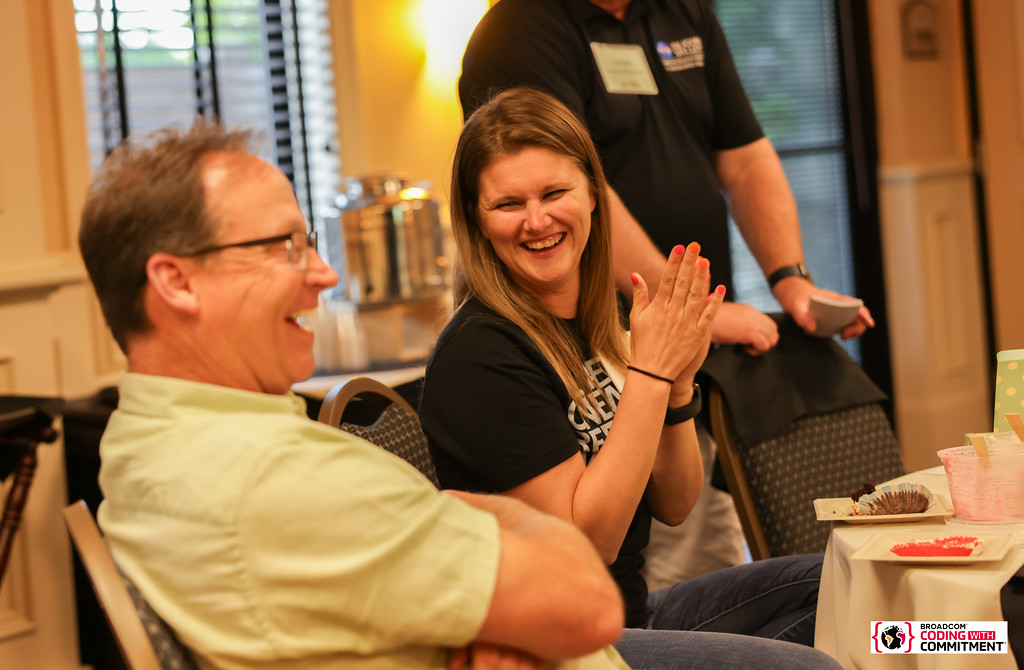
Building Coding Communities
The convening highlighted Code Clubs as a dynamic platform that effectively inspires young people to jumpstart their coding journey through out-of-classroom experiences. With over 5,000 globally, and 180 active clubs across the US, Code Clubs target students aged 9 to13 to promote a passion for coding early in their lives. The science fair directors at the convening were enthusiastic about the potential of fostering these clubs in underrepresented communities.
With one of the highest percentages of rural populations in the nation, North Carolina has unique challenges in reaching students for science fair and coding. “Our job is to get resources into the hands of those who don’t have them,” said Tony Rice, Chair, North Carolina Science Fair Foundation Board.
Fostering Student Leadership and Engagement
Stephen Rodecker, representing the Greater San Diego Science Fair, discussed how engaging the entire community through hands-on activities and a Student Leadership Board fostered greater impact in his region. This mentorship-driven approach empowered students to host a Code Club in 2024.
Embracing Mentorship and Communication
The convening highlighted the success of mentorship programs like the one implemented by Prasanthi Sathyaprakash at the Orange County Science & Engineering Fair. By pairing student teachers with experienced science mentors, OCSEF reaches under-resourced communities with free tools and mentors to significantly increase science fair participation.
Angie McMurry from The Ohio Academy of Science emphasized the value of inclusive platforms for sharing and showcasing projects virtually, which increased community connections and exposure to science fairs in her state, especially those in under-resourced and underrepresented communities.
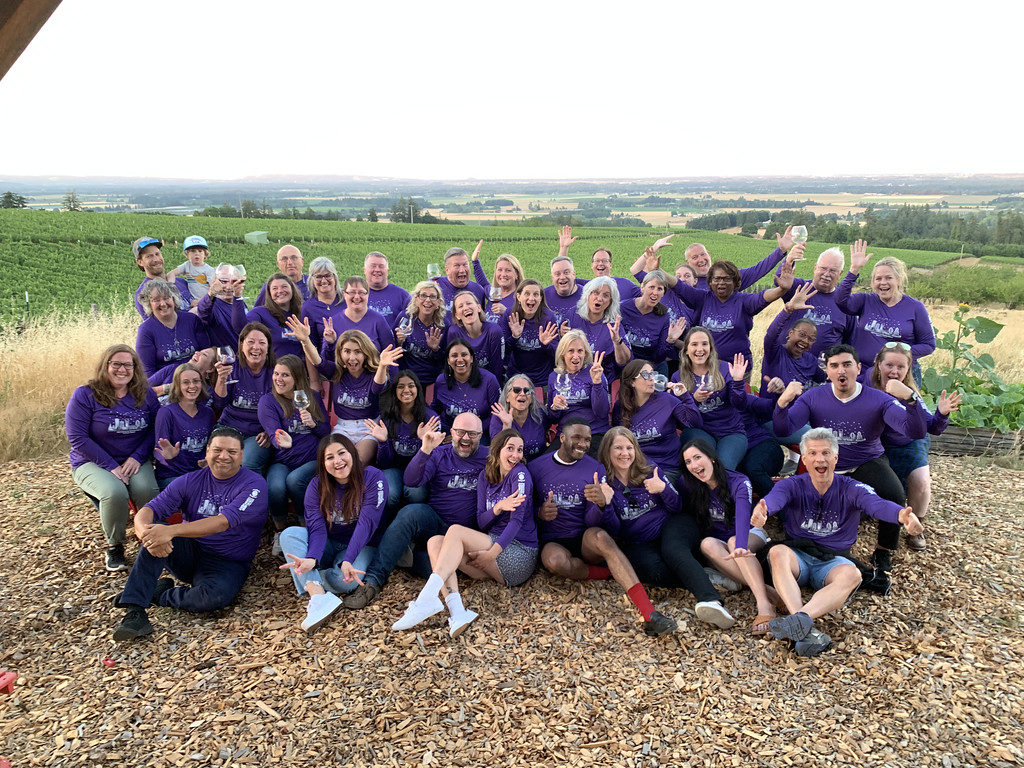
Concluding the Convening
As the event came to an end, directors enjoyed a visit to the Wronski’s Loose Leaf Vineyard and a delightful evening at Brooks Wine in Oregon's Willamette Valley. The relaxed atmosphere provided ample time for forging connections, sharing ideas, and discussing plans to bridge the digital divide, create inclusive opportunities, and foster a future-ready workforce, highlighting the potential for science fairs to drive positive change in the lives of young learners.
“I had conversations this week that can lead to real change at my fair and in my community,” Liz Buhmann, State Science and Engineering Fair Manager, Minnesota Academy of Science.
